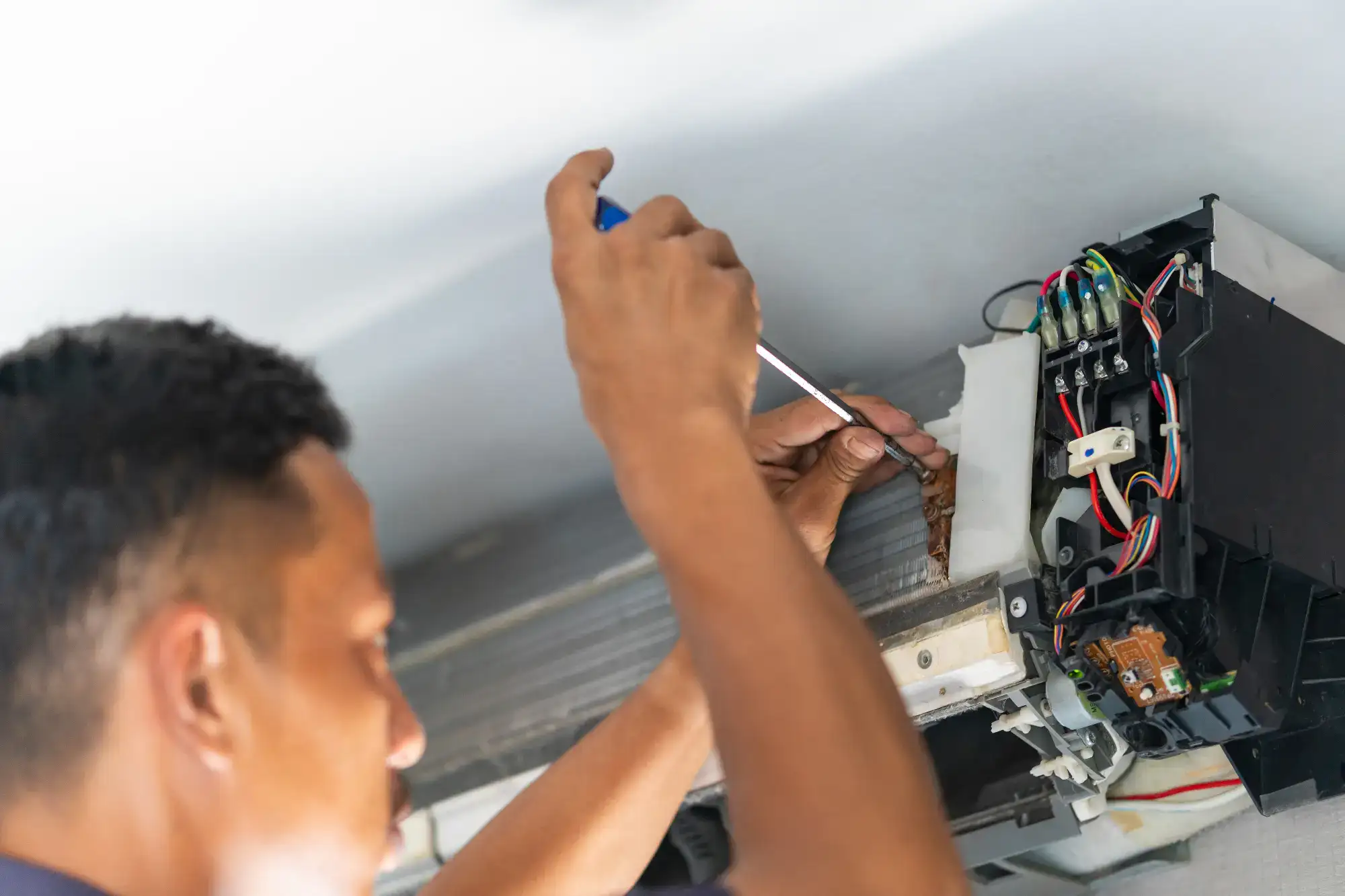Prevent expensive breakdowns and slash your energy bills with professional AC maintenance that actually works.
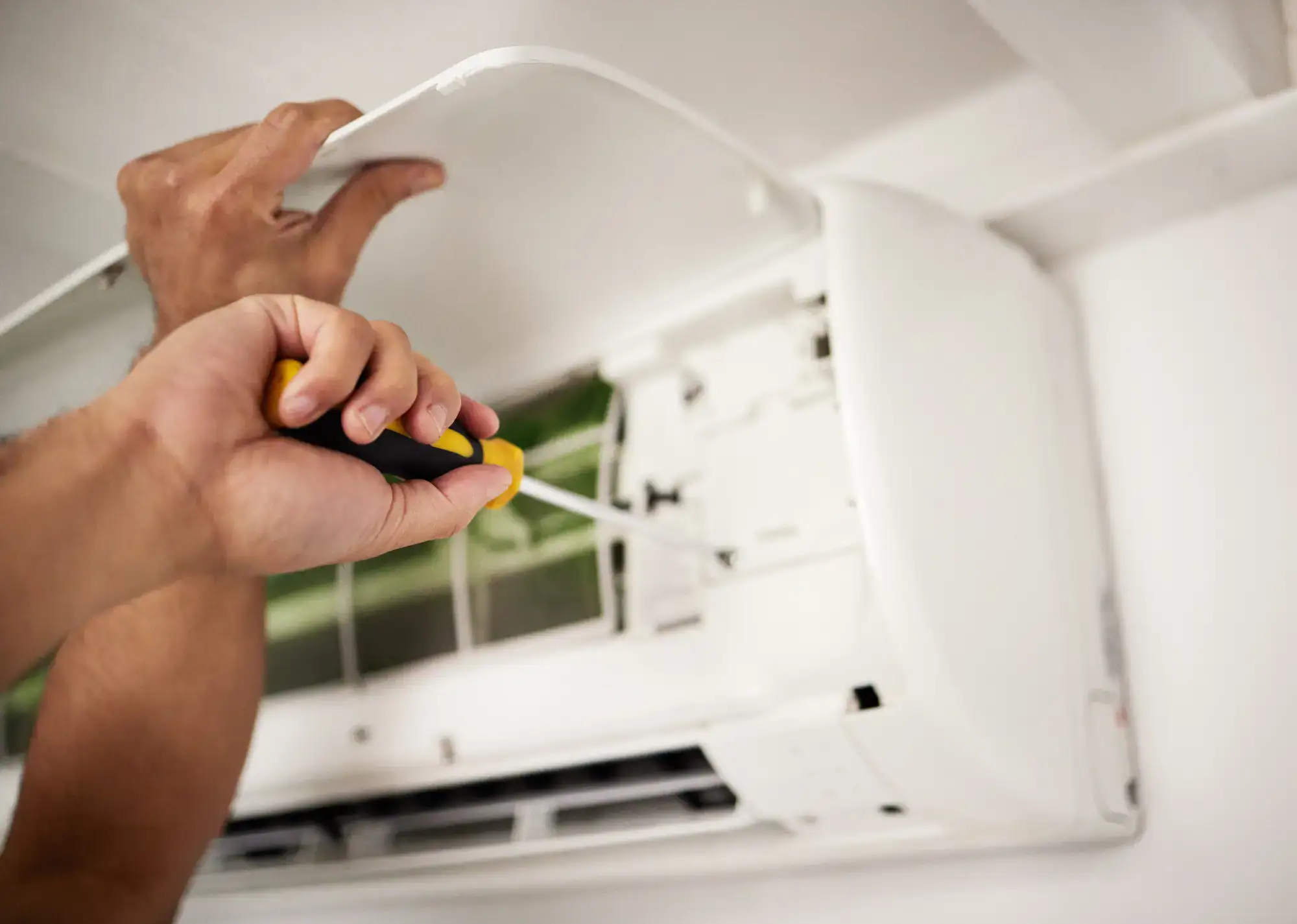
Hear From Our Customers
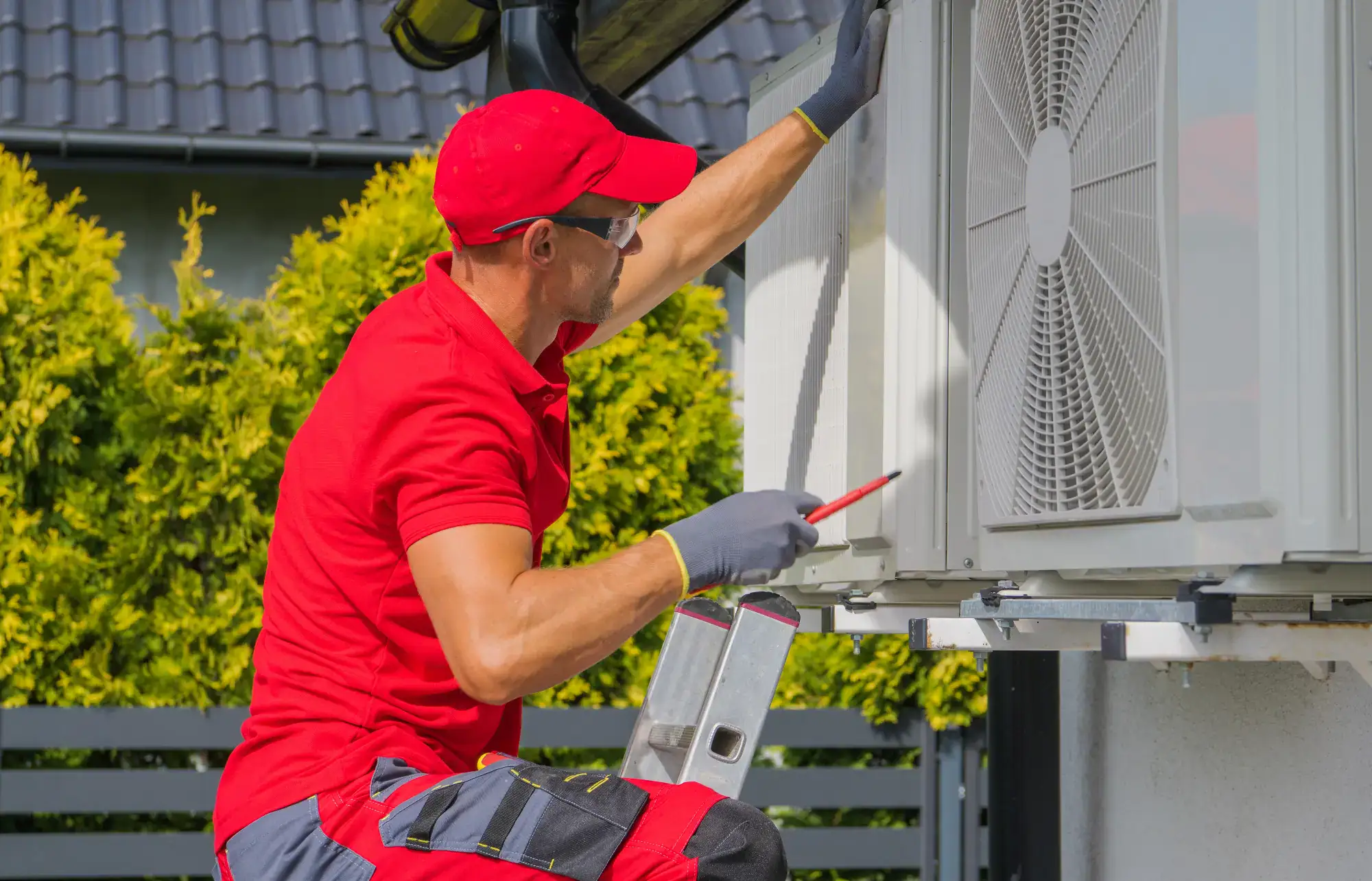
Your air conditioner works hard from May through September. Without proper maintenance, it’s burning through energy and heading toward an expensive breakdown right when you need it most.
Regular AC maintenance keeps your system running at peak efficiency. That means lower energy bills every month and consistent cooling throughout your home. You’ll breathe cleaner air because we’re cleaning coils and changing filters that trap dust, allergens, and other contaminants.
Most importantly, you avoid those emergency repair calls that always seem to happen on the hottest day of the year. A well-maintained AC system lasts 15-20 years instead of 10-12. That’s real money staying in your pocket.
Super Plumbing Heating & Cooling LLC has been keeping Glen Rock homes comfortable for years. We understand how the humid New Jersey summers put extra strain on your AC system and what it takes to keep it running efficiently.
Our technicians are licensed, insured, and trained on all major AC brands. We show up on time, work clean, and explain what we’re doing so you understand exactly what your system needs.
We’re not the cheapest option in town, and that’s intentional. You’re investing in thorough service that prevents problems instead of quick fixes that leave you calling someone else in six months.
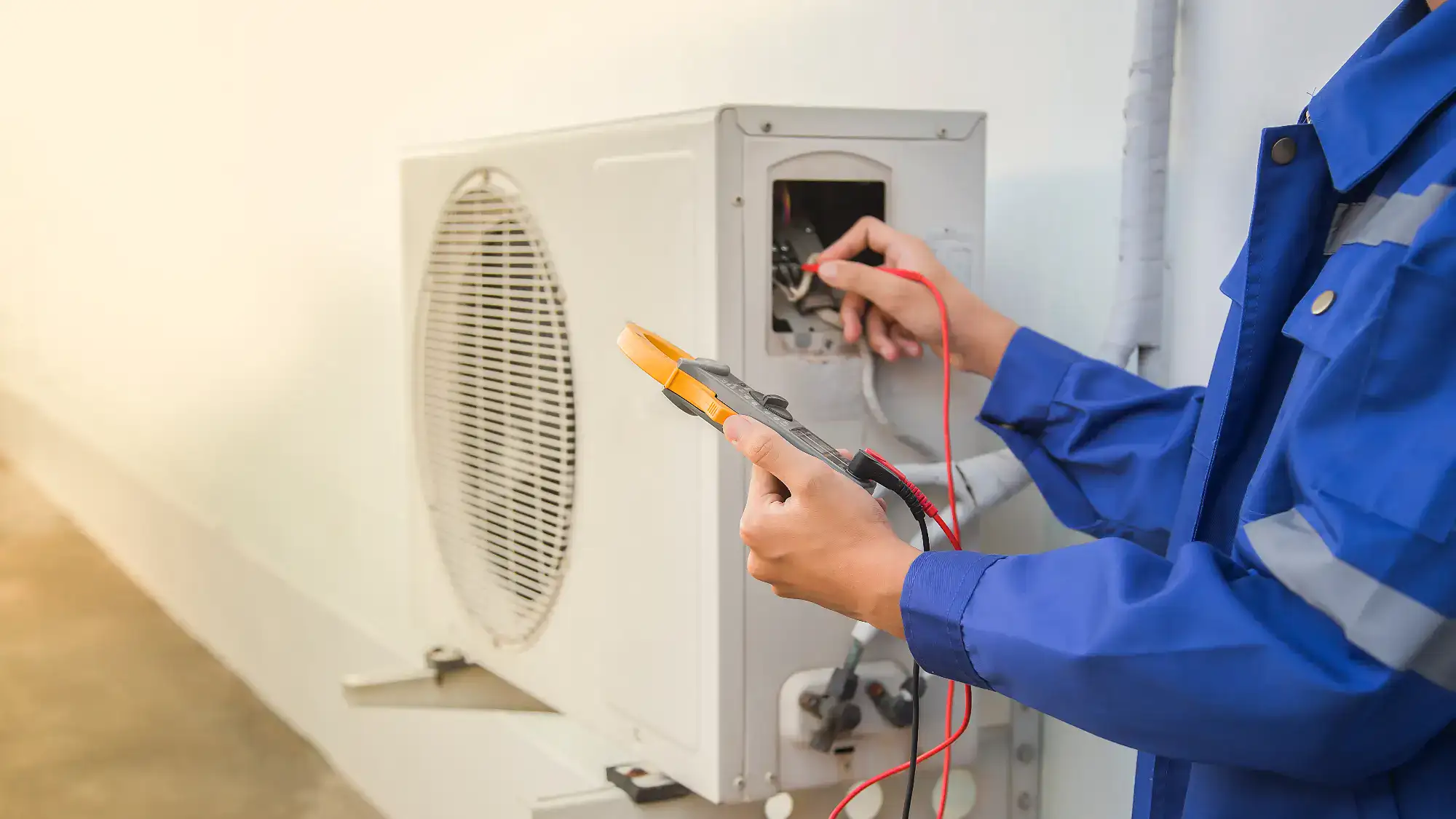
We start with a complete system inspection, checking electrical connections, testing thermostat calibration, and measuring refrigerant levels. This tells us exactly how your system is performing and what needs attention.
Next comes the cleaning phase. We clean your condenser coils and evaporator coils, replace or clean air filters, and clear condensate drains. Dirty coils make your system work harder and use more energy, so this step alone can cut your cooling costs significantly.
Finally, we lubricate moving parts, test for refrigerant leaks, and inspect your ductwork for energy loss. You get a detailed report showing what we found and what your system needs to keep running efficiently. No surprises, no upselling on services you don’t need.
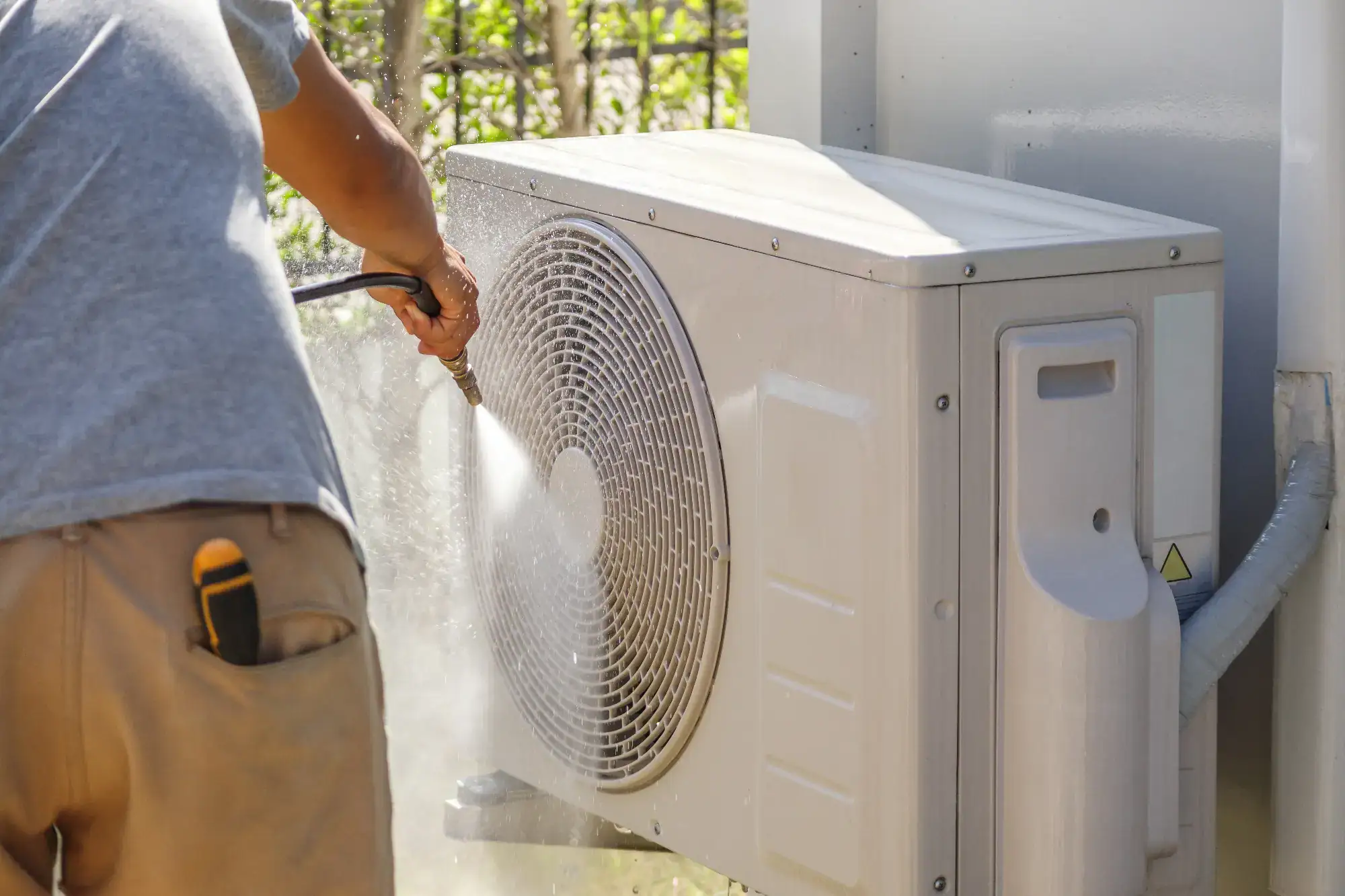
Ready to get started?
Every maintenance visit includes our complete 20-point inspection checklist. We check refrigerant levels, clean both condenser and evaporator coils, test electrical connections, calibrate your thermostat, and inspect all moving parts. Your air filter gets changed, condensate lines get cleared, and we test for any refrigerant leaks.
Glen Rock’s humid climate is tough on AC systems. We pay special attention to moisture-related issues that can cause mold growth and reduced efficiency. Your ductwork gets inspected for leaks that waste energy and make your system work harder than necessary.
Seasonal maintenance is crucial here. Spring tune-ups prepare your system for summer’s peak demand. Fall maintenance ensures everything’s ready for the heating season transition. Our maintenance plans include priority scheduling, so you get service when you need it most.
